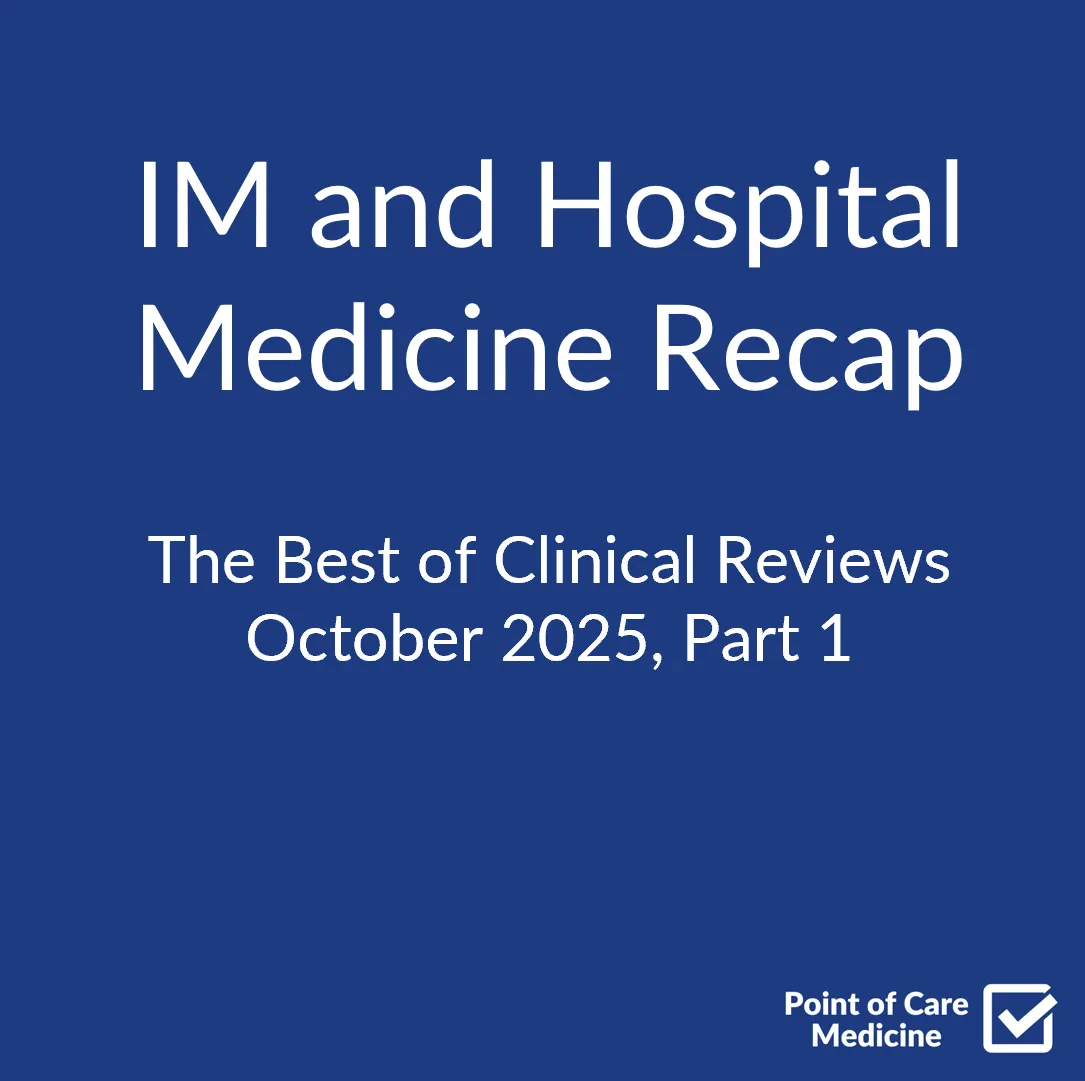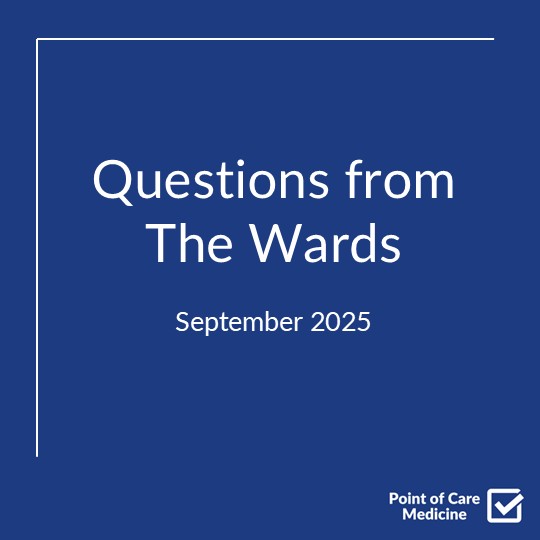Vignette:
A 45-year-old woman presents to clinic for follow-up 11 weeks after being diagnosed with a pulmonary embolism. The PE occurred 2 weeks after undergoing total knee replacement surgery. She has been maintained on apixaban 5 mg BID since diagnosis with no bleeding complications. Her past medical history is significant only for osteoarthritis. She takes no medications besides apixaban. She has resumed all normal activities and denies any ongoing symptoms. Recent laboratory studies show normal complete blood count, comprehensive metabolic panel, and D-dimer level. Repeat CT pulmonary angiogram shows complete resolution of the PE.
Question:
Which of the following is the most appropriate recommendation regarding anticoagulation for this patient?
A) Stop anticoagulation at 3 months and monitor
B) Continue anticoagulation for 6 months then stop
C) Continue anticoagulation for 12 months then stop
D) Continue indefinite anticoagulation with annual reassessment
E) Stop anticoagulation now and start aspirin therapy
Audio
Video
Correct Answer:
A) Stop anticoagulation at 3 months and monitor
Explanation of Correct Answer:
This patient has a clear transient provoking factor (recent surgery) for her PE with:
- No ongoing risk factors
- Complete resolution on imaging
- No bleeding complications
- Normal D-dimerThree months of anticoagulation is sufficient because:
- Surgery-associated PE has lower recurrence risk compared to unprovoked PE
- The provoking factor is no longer present
- Patient has no other risk factors for recurrence
- Imaging shows resolution
Explanation of Incorrect Answers:
B) Continue for 6 months - Extended anticoagulation is not necessary for PE provoked by surgery when no other risk factors exist.
C) Continue for 12 months - Prolonged anticoagulation exposes patient to unnecessary bleeding risk without clear benefit in provoked PE.
D) Indefinite anticoagulation - This would be considered for unprovoked PE or ongoing risk factors, neither of which apply here.
E) Stop now and start aspirin - Aspirin is not indicated for secondary prevention after provoked PE; completing 3 months of anticoagulation is standard.
Alternative Scenarios:
- If the PE occurred without a provoking factor, extended anticoagulation would be considered
- If patient had underlying thrombophilia, longer duration might be warranted
- If patient had active cancer, indefinite anticoagulation would be indicated
Additional Facts:
- Risk of recurrence after surgery-provoked PE is approximately 1% per year after stopping anticoagulation
- Three months of anticoagulation is sufficient for PE provoked by surgery or trauma
- D-dimer testing after completing anticoagulation can help stratify recurrence risk
- Patient preference should be considered in duration decisions
- Risk factors for recurrence include obesity, male sex, and elevated D-dimer after stopping anticoagulation
Main Takeaway:
For PE provoked by a transient risk factor such as surgery, three months of anticoagulation is sufficient when there are no other ongoing risk factors for recurrence.






.png)
